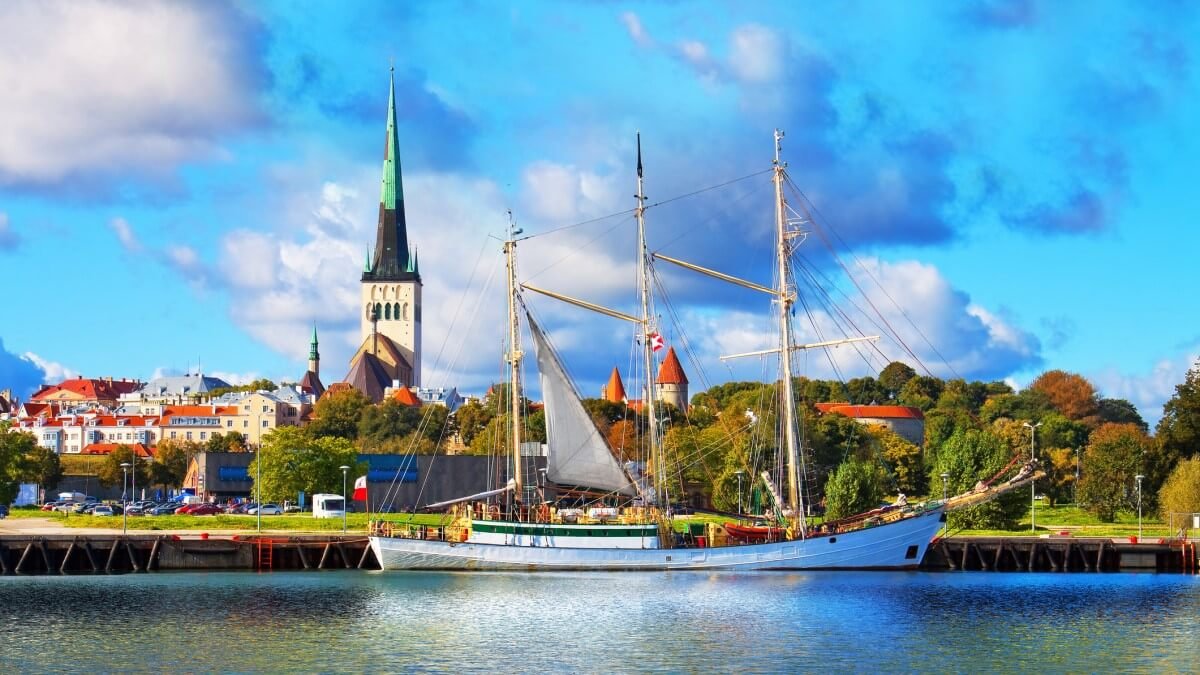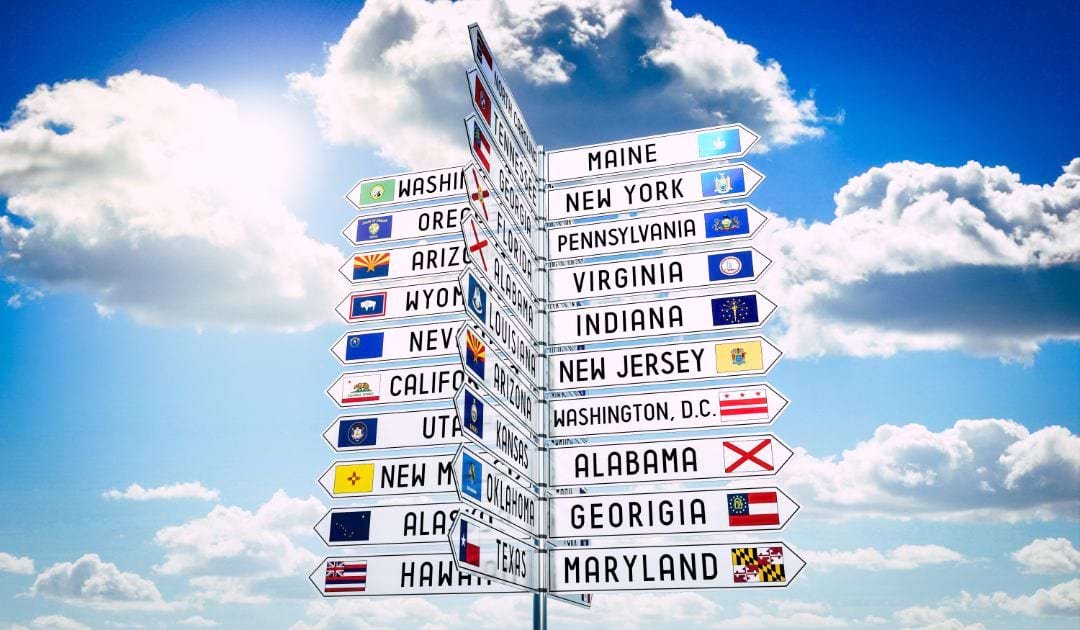

Estonia Plans to Stop Entry for Majority of Russian Citizens
After the two-day meeting with the other EU foreign ministers held in Prague, Reinsalu said for Reuters that even though it might take some time to stop most Russians from entering the country, it is critical to do so, AtoZSerwisPlus.com reports.
In addition, the Minister said that Estonia would work to reach a solution in the region through cooperation with its regional partners.
Moreover, Reinlau also pointed out that he would welcome decisions that would allow Estonia, in full accordance with the Schengen visa code, to ban entry for all Russians, regardless of the issuing country of their visas, Reuters explains.
Estonia stopped issuing visas to Russians and banned entry to those holding a visa issued by the Estonian authorities on August 18.
Back then, Reinsalu said that such a decision was only right as Estonia wanted to take away from Russians the opportunity to continue living normally.
Nonetheless, it was pointed out that exemptions will apply to Russian students pursuing their studies in Estonia and some other categories of travellers.
Other countries are expected to apply stricter rules for Russians applying for Schengen visas now that the EU ministers of foreign affairs have reached an agreement on the matter.
During a meeting held on August 31 in Prague, the ministers of foreign affairs of the EU agreed to suspend the visa facilitation agreement with Russia that was reached back in 2017.
The decision to suspend such an agreement was confirmed by the High Representative of the European Union for Foreign Affairs and Security Policy, Josep Borrell.
Borrell said that the move was necessary as the number of Russians reaching the EU countries for travel purposes significantly increased as if there was no war in Ukraine.
“This will significantly reduce the number of new visas issued by the EU member states. It’s going to be more difficult; it’s going to take longer,” the statement of Borrell reads.
The move means that citizens of Russia will now be required to pay visa application fees of €80 instead of €35.
Moreover, Russians will also be subject to stricter rules when applying for a visa. They will have to submit additional documents as well as will have to wait longer for an appointment and for a response to their applications.
The decision to suspend the agreement with Russia was welcomed by the EU member states, especially by those who had been pushing for stringent measures.


















